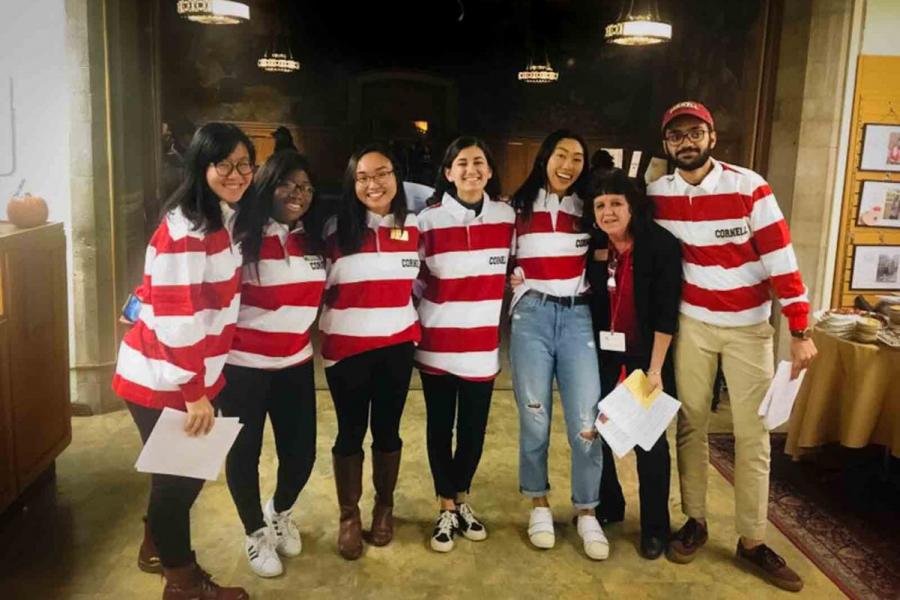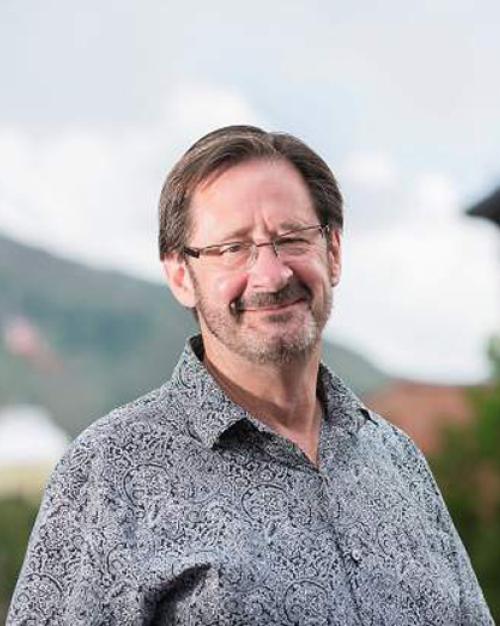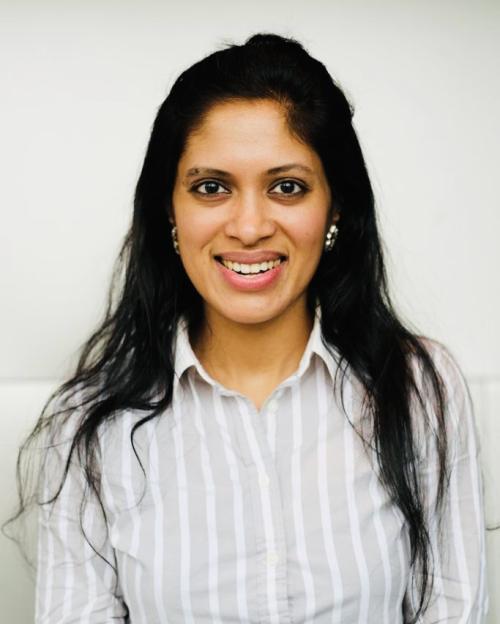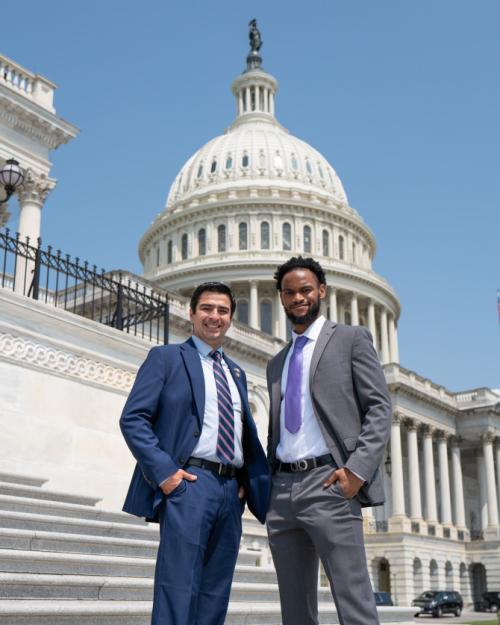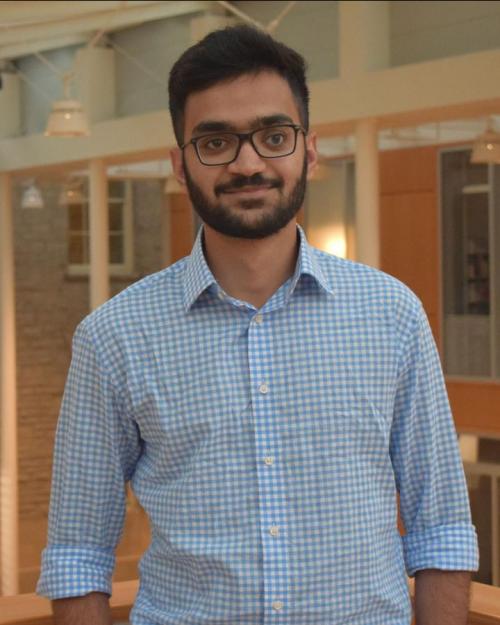Hassaan Bin Sabir
Government and History
Islamabad, Pakistan
What are the most valuable skills you gained from your Arts & Sciences education?
In exposing me to the interconnectedness of seemingly disparate academic disciplines, my education forced me to reexamine the clear lines of demarcation we tend to draw between different facets of the human experience — the public and private, the holy and profane, the individual and collective, and so on. It taught me that while these distinctions, and the ideological doctrines that grow out of them, can be comforting, treating them as dogma has the capacity to do more harm than good. Such beliefs push us to cling to certainty where there is none, lead us to replace humility with hubris, and perhaps most critically, eat away at our already depleted reserves of compassion and empathy.
What is your main extracurricular activity and why is it important to you?
My main extracurricular activity has been serving popcorn at the Campus Activities Resource Centre in Willard Straight Hall. On a pre-pandemic campus, the popcorn stand was my sanctuary. I began working at the Resource Centre (RC) my freshman year solely because I wanted a campus job. However, it soon became the place where I experienced joy in its truest form. My time behind the popcorn counter taught me all those things you simply cannot learn inside the classroom. It was through conversations with strangers — students, faculty, staff, even local residents — over bags of popcorn that I discovered what it truly meant to be empathetic, kind and compassionate. These interactions led me to recognize the minute ways in which we can positively impact the lived experiences of those we interact with daily. And, over time, they also allowed me to assume an identity that felt like my own. Most importantly, serving popcorn at the RC gave me the opportunity to interact with my co-workers and supervisor, Linda Siptrott, who are some of the most incredible individuals I have ever been around, and from whom I have learned so much.
What Cornell memory do you treasure the most?
My most treasured memories at Cornell will always be the moments that, on the surface, appear to be the most mundane parts of my day — finally leaving bed at noon after hearing the sound of my flatmate’s kettle, waking up to my other flatmate banging on our wall after my alarm goes off for the sixth time and, most of all, sitting on the couch at 210 Linden with my flatmates as we find newer, more creative, ways to procrastinate on our work.
I value these moments precisely because of how ordinary they are. Often, we like to think that our lives are sustained by our aspirations, those grand or not so grand ambitions which we are either constantly striving towards or seeking to discover. However, it is these snippets of joy — the banter or ‘bants’ as we call it at the apartment — that both make us more human and sustain us as we try to make sense of the everyday.
Who or what influenced your Cornell education the most? How or why?
Four professors have had the most profound impact on my Cornell education — Peter Katzenstein, Richard Bensel and Tom Pepinsky in the government department, and Dawn Chutkow at the Law School. Professor Katzenstein taught me how to think. Professor Bensel reminded me to stay humble. Professor Chutkow got me into law school. And without Professor Pepinsky, I wouldn’t have a thesis. I will always be incredibly grateful to them.
Where do you dream to be in 10 years?
Hopefully, I’ll be losing elections in Pakistan by then. I would like to eventually win them though.
How has your Cornell education and experience prepared you to deal with the challenges and uncertainty of the coronavirus pandemic?
For me, the pandemic has brought the same sense of loss, confusion, anxiety and exhaustion that we have read and heard about over the past year. So in that sense, my education, thankfully, has not made me any less human. It has also given me hope. My classes have shown me that moments or periods of crisis also offer opportunities for renewal, provided we are willing to put in the time, care, and energy needed for this regeneration. So, while we may not quite know what a post-pandemic world might look like, we can find solace in the knowledge that we possess the ability to shape that reality.
Every year, our faculty nominate graduating Arts & Sciences students to be featured as part of our Extraordinary Journeys series. Read more about the Class of 2021.
